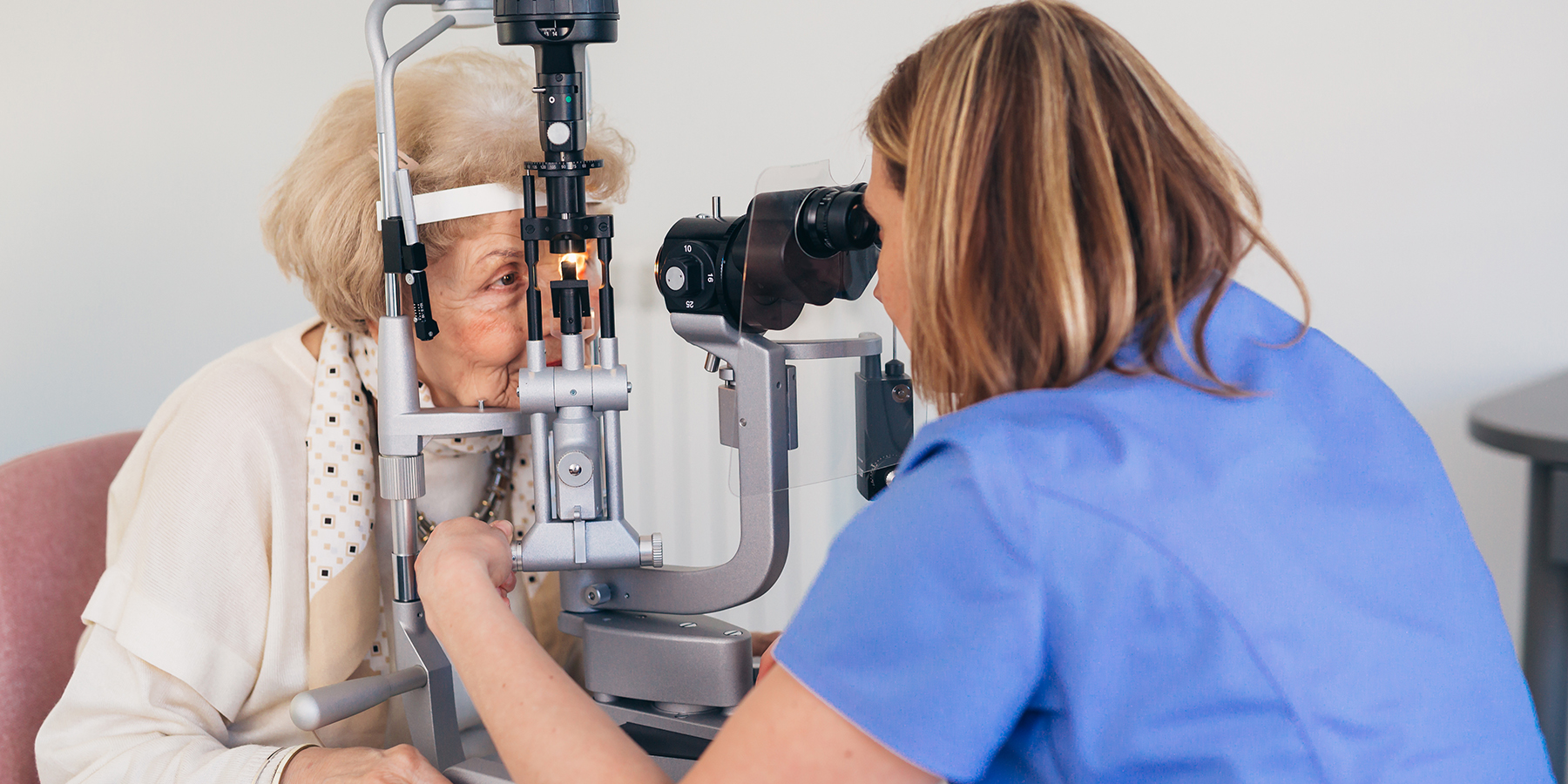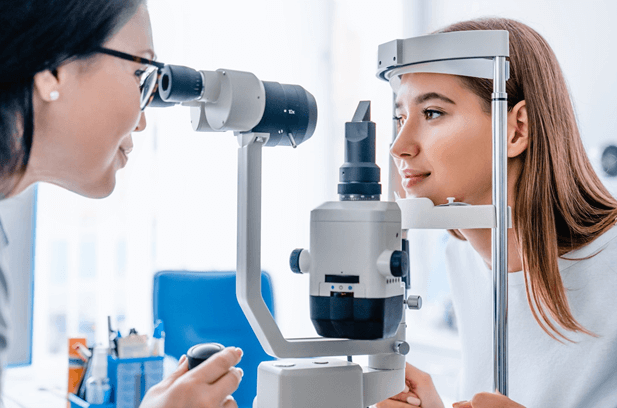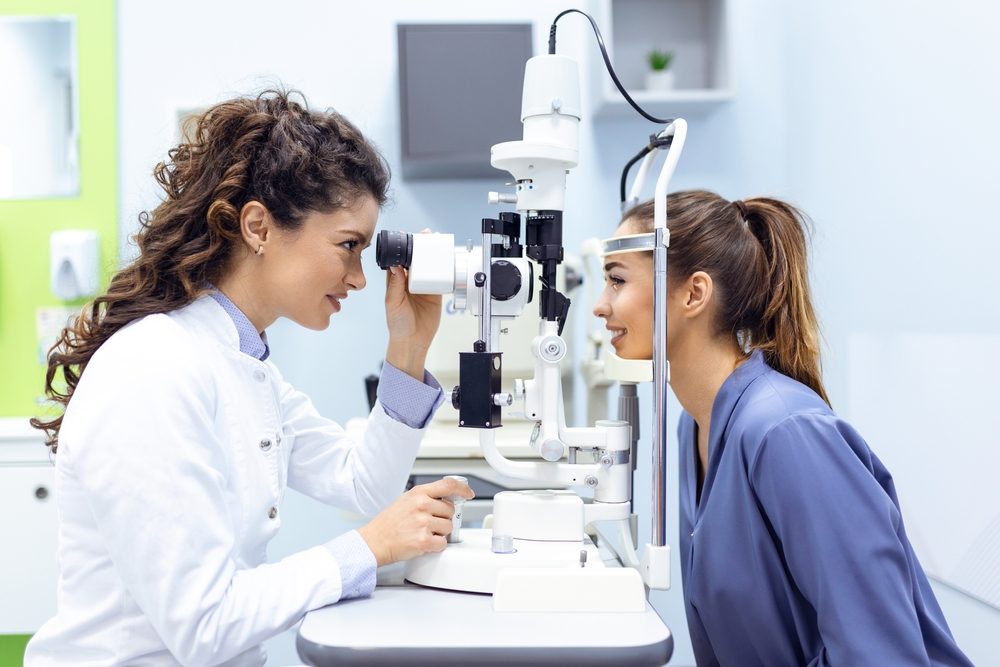
Professional medical service of Eye care
Our Eye Care Department (Ophthalmology) is committed to providing comprehensive eye health services to patients of all ages. From routine eye exams to complex surgical procedures, we offer high-quality care using the latest diagnostic tools and treatment technologies.
- Comprehensive eye examinations
- Vision testing and prescription of glasses or contact lenses
- Cataract evaluation and surgery
- Glaucoma screening and management
- Diabetic eye disease monitoring (retinopathy)
- Treatment for dry eye and eye allergies
- LASIK and refractive surgery consultations
- Pediatric eye care
- Retinal and corneal disorders management
- Emergency eye care for injuries or infections
Why Choose Us?
- Skilled ophthalmologists and optometrists
- State-of-the-art imaging and laser technology
- Personalized treatment plans
- Dedicated pediatric and senior eye care programs
- Emphasis on preventive vision health
- Comfortable, patient-friendly environment


Health Tips & Info
Your eyes are windows to your health. Whether you’re seeking routine care or specialized treatment, our goal is to preserve and enhance your vision through expert medical service and compassionate attention.
How often should I get an eye exam?
Adults should have a comprehensive eye exam every 1–2 years, even if there are no noticeable vision problems. People with diabetes, high blood pressure, or a family history of eye disease may need more frequent exams.
Is it normal for my vision to get worse as I age?
Yes. Age-related changes such as presbyopia, cataracts, and dry eyes are common. However, sudden changes in vision should always be evaluated by an eye care professional.
Can eye exams detect other health problems?
Yes. Comprehensive eye exams can help detect early signs of systemic conditions like diabetes, high blood pressure, autoimmune diseases, and even some cancers.
What is glaucoma and how is it treated?
Glaucoma is a condition caused by increased pressure in the eye that can damage the optic nerve, potentially leading to blindness. Treatment includes medicated eye drops, laser therapy, or surgery to lower intraocular pressure.

